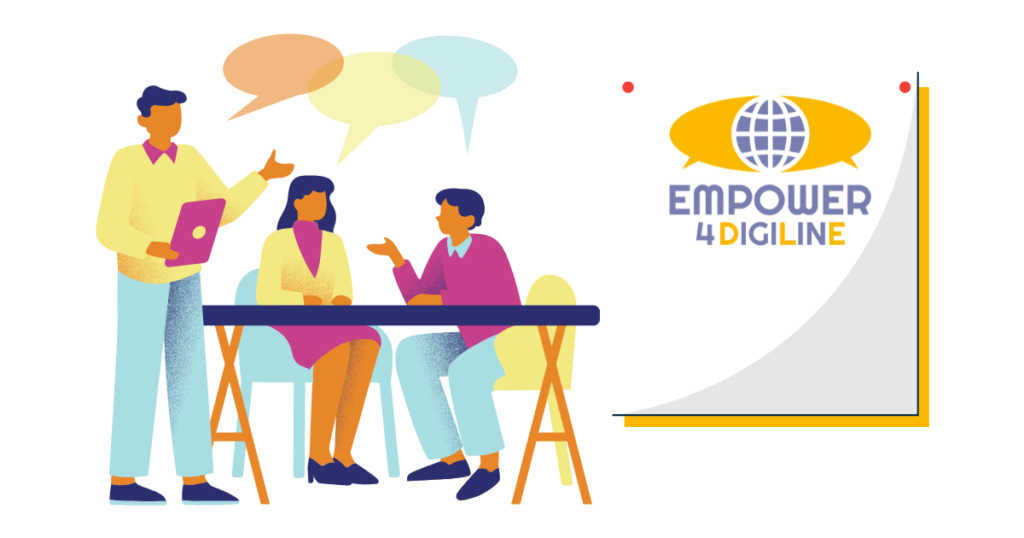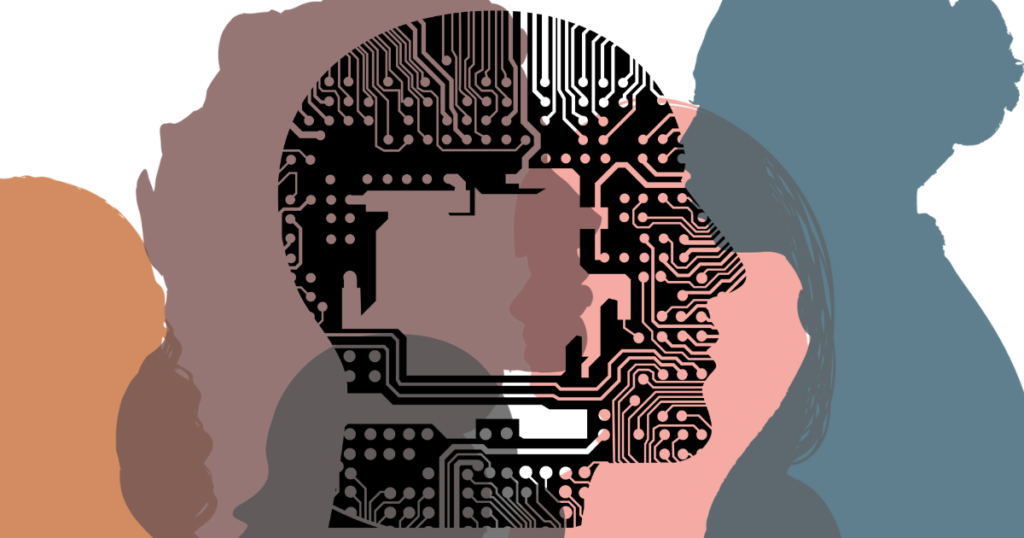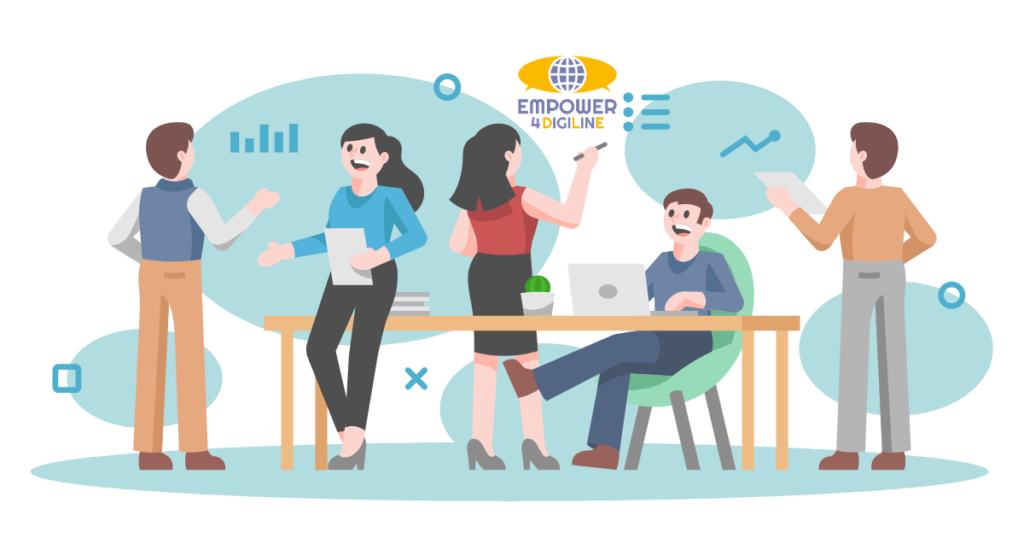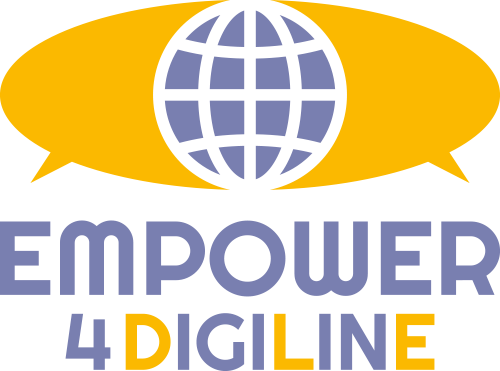Accessible e-learning in language teaching: ensuring access for all learners

Shifting language teaching to an online environment has many advantages. A key benefit is the ability to overcome physical and geographical barriers, which is an important step towards accessibility. E-learning offers learners around the world flexible and innovative access to education. But even in the digital world, we face the challenge of ensuring that educational […]
Language learning, a priority for the 21st century citizen

The increasing trend of globalisation enhances the importance of language skills at both individual and societal levels (OECD, 2012). Consequently, acquiring a second language has become essential. There is now a growing demand for bilingual and even multilingual individuals (Soares et al., 2013), making it a priority in modern education (Glazer et al., 2017). This […]
Learning languages through video games

Video games can be highly effective tools for language learning, offering a range of benefits that traditional methods might not provide. Why video games? Video games frequently offer rich, immersive environments where language is used contextually. Players come across vocabulary, phrases, and grammatical structures within meaningful scenarios, aiding in the understanding of how language is […]
Revolutionising Language Learning with AI: The Role of Apps and ChatGPT

Language learning has been revolutionised by artificial intelligence, with many applications taking advantage of AI to further improve the learning experience. Popular apps such as Duolingo, Babbel and Rosetta Stone use AI algorithms to personalise lessons, making sure content is adapted to the learner’s skills and rhythm. These applications incorporate features such as voice recognition […]
Building Digital Resilience and Media Competence in Language Teaching

One of our goals in the EMPOWER project is also to strengthen the digital resilience and overall media literacy of teachers and, of course, learners. In the constantly evolving landscape of language teaching, the integration of digital tools and media literacy has become paramount. As language learners navigate the digital world to acquire new skills, […]
Integrating Extended Reality in Language Instruction

Have you come across CERCLL yet? The Center for Educational Resources in Culture, Language and Literacy at the University of Arizona (https://cercll.arizona.edu/ ) is a Language Resource Center that supports research related to language teaching and learning and provides educators with quality resources for teaching and professional development, including some really interesting webinars. On 18 […]
3 keys to improve your English despite (or because of) dyslexia

In our project Empower4digiline, and in accordance with the Erasmus + priorities we do recognise the need to ensure inclusive educational materials through adapting class materials. According to substantiated scientific estimates, the group of European Citizens with dyslexia and specific learning disorders encompasses between 9 and 12 % of the population, Dyslexia does not usually favour […]
The Empower4DigiLine Leaflet is out!

We are very glad to share with you the official Empower4DigiLine leaflet! It is a promotional pdf to be shared with all your contacts, click here and download it. The project was born to help language teachers in the adult education sector further develop their digital competences, and to make use of new technologies in […]
Artificial Intelligence tools in language teaching

In our project Empower4digi we will focus, among other interesting topics, on the use of AI in language teaching. AI tools can be simpler than you might think, and there is a chance you are already using some without even realizing. Let’s take a look at some of the most well-known ones. Looking into easy […]
Have your say: Contribute to the International Report

The Empower4DigiLinE aims to enhance digital competencies in language education, particularly in the post-Covid education landscape. The main objectives include: The first tangible result of the project is the development of an International report, which will provide information about how teaching has changed since Covid (where is teaching taking place, how are teachers interacting with learners […]


